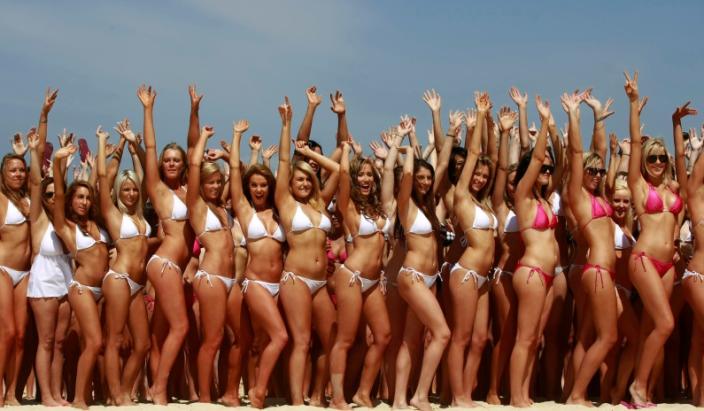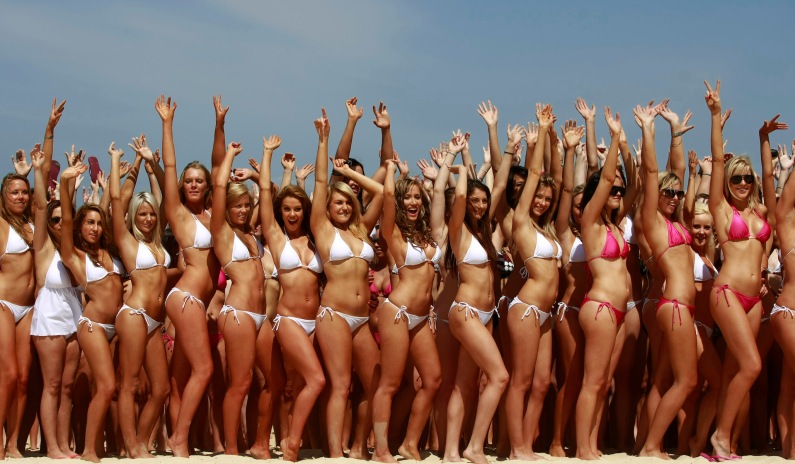
A federal judge recently ruled in favor of a bikini barista booth in Washington state, knocking down the city of Everett’s dress code that required bikini-clad workers to cover up.
The city passed an ordinance in 2017 requiring “quick service” workers to cover their upper and lower body, the Daily Herald reported. The booth owner, Hillbilly Hotties, and some of his associates challenged the rule, arguing that the outfits are a method of self-expression and that the rule was against the rules.heir First Amendment rights.
A US District Court in Seattle found the city’s dress code had been violated te Equal protection clauses of the US and Washington state constitutions.
U.S. District Judge Ricardo S. Martinez issued a 19-page ruling explaining that the ordinance was formed at least in part by a gender-based discriminatory purpose.
“The file shows that this regulation was passed in part to have a negative effect on female workers at bikini baristas,” Martinez wrote. “There is evidence on file that the bikini barista profession, clearly a target of the regulation, is wholly or almost wholly female. It is hard to imagine how this regulation would be applied equally to men and women in practice.”
The ruling took note of the ordinance bans clothing “generally worn by women rather than men”, such as shirts for the midriff and back, as well as bikinis.
“Assuming the owners of bikini barista stands are unable or unwilling to enforce this dress code, at some point law enforcement will be asked to measure skin exposure in some way,” the statement said. pronunciation. “This ‘encourages (and) a humiliating, intrusive and demoralizing search for women, disempowering them and depriving them of their freedom.'”
The City of Everett is now required to meet with the plaintiffs within 14 days to discuss next steps.
Also challenged the bikini barista stand the city immoral conduct regulation, who expanded the definition of an immoral act to include exposure of “more than half of the part of the female breast that is below the top of the areola”, “the genitals, anus, lower half of the anal fissure or part of the areola or nipple of the woman’s breast.” It made it a crime to facilitate lewd behavior.
However, the court dismissed all of the barista’s claims except those related to the dress code.

